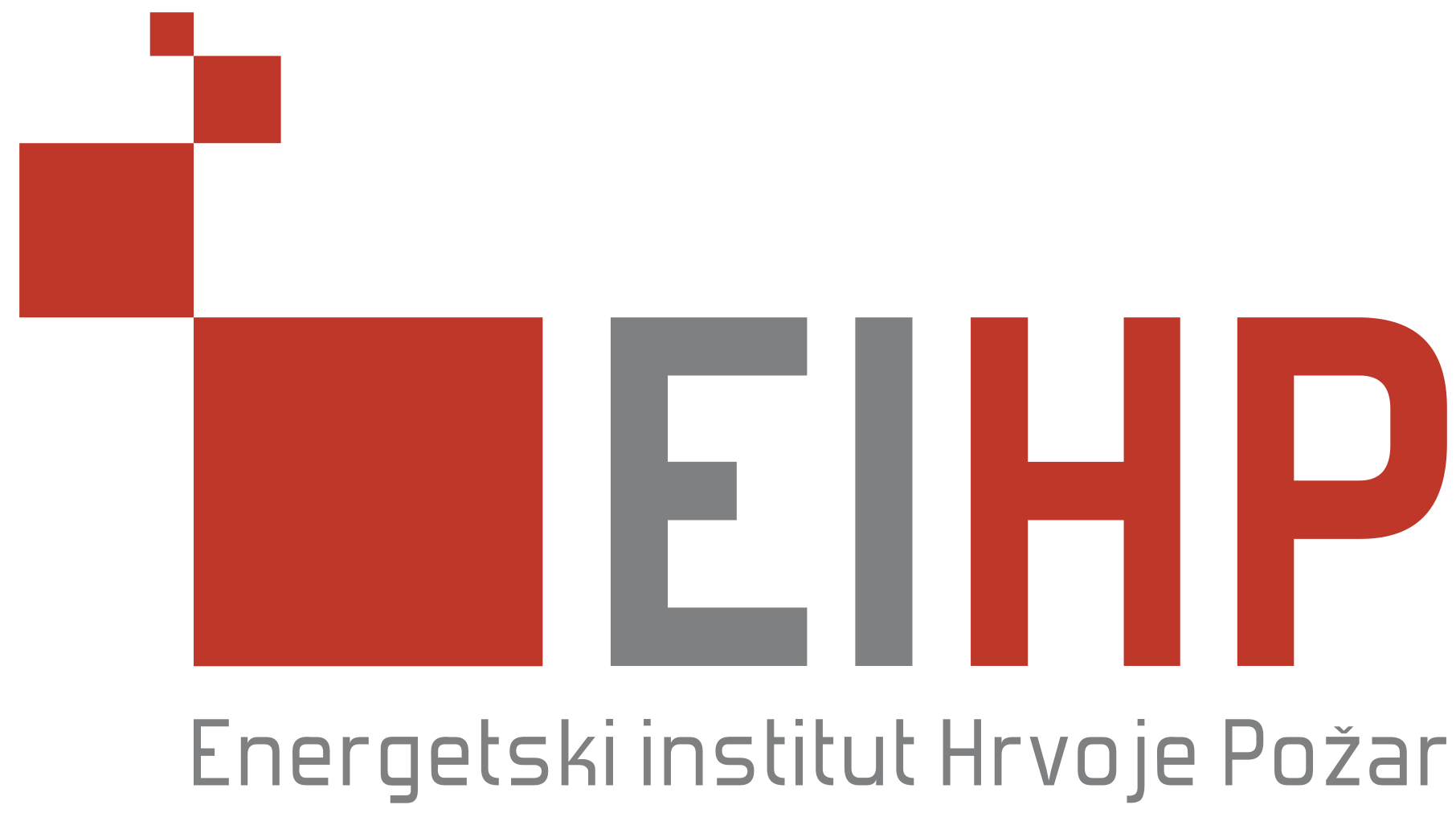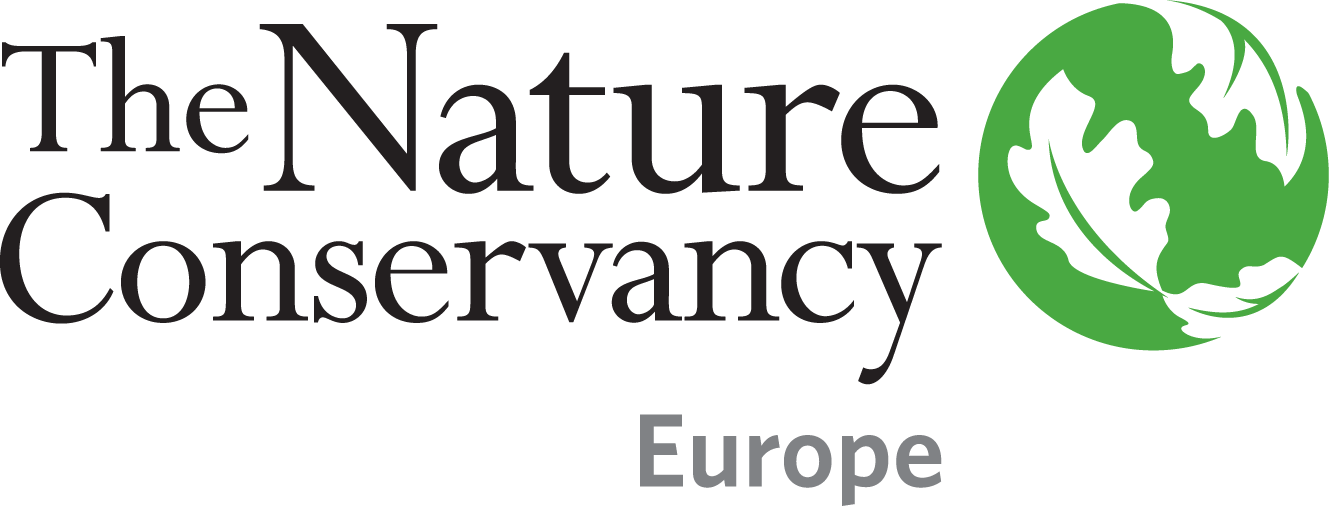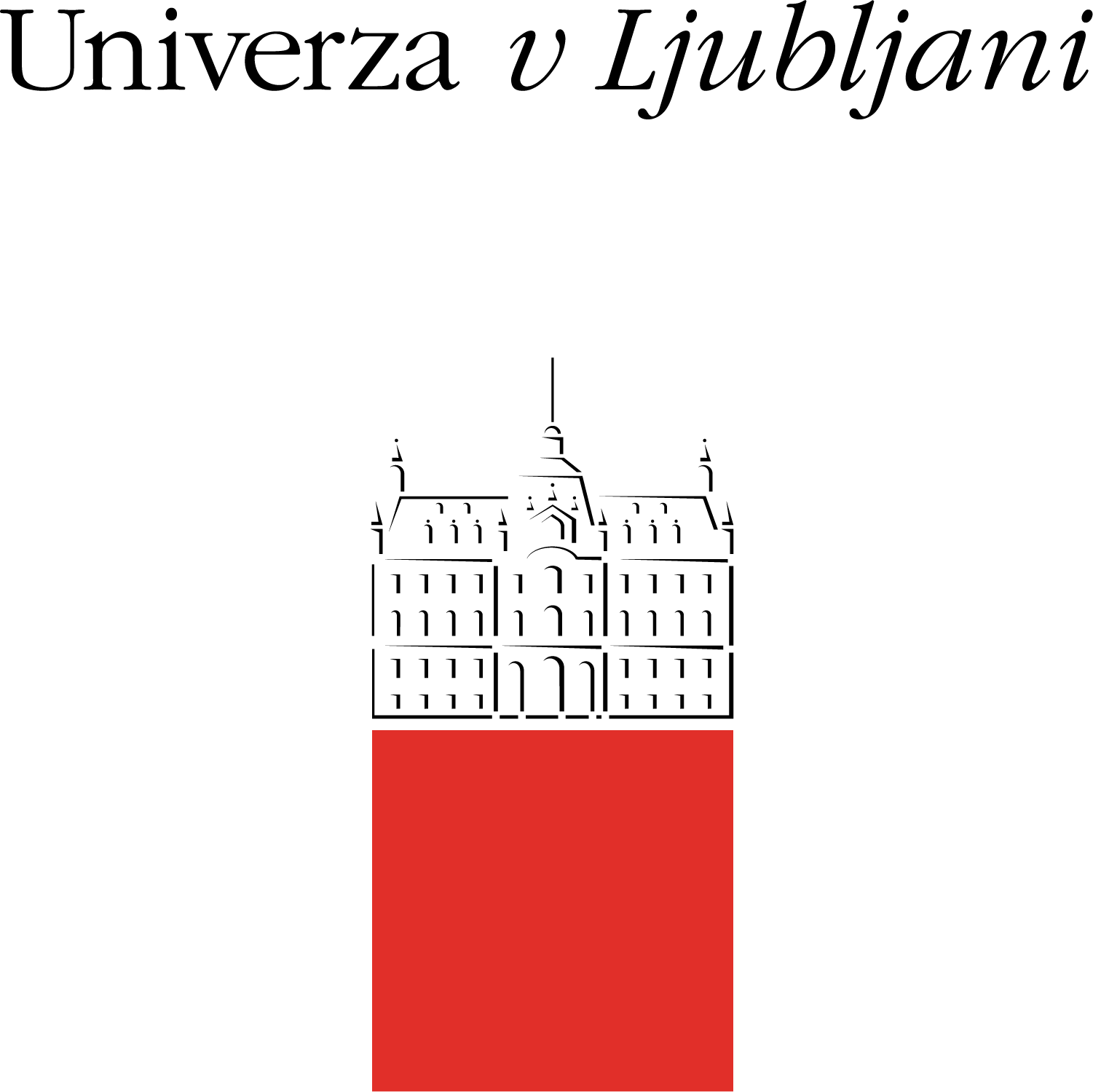
Energy Institute Hrvoje Požar
The Institute is a wholly state-owned, non-profit scientific institution financed on a per-project basis through the execution of project development contracts won following international and national competitive biddings.
Today, the Institute has 89 employees, of which 84 with higher education qualifications, 17 PhD (in various fields).
Development of the energy system and relations within require the acquisition of new knowledge and competences by all the actors in the energy sector and state administration, as well as the education of citizens. Education and provision of information is becoming the Institute’s increasingly significant activity, which requires the continuous professional training of our experts and their active participation in educating others. The Institute implements its mission in cooperation with numerous scientists and institutions from Croatian and abroad and is taking over a leading role in energy development in the wider region and beyond.
The Institute’s areas of activity include: strategic planning in the energy sector; development of electric-power, gas, petroleum and heating systems; market, legal framework and restructuring of the energy sector; energy efficiency; renewable energy sources, environmental and climate protection; energy audits and certification of buildings; energy balances and statistics; as well as in-service training and promotional activities

The Nature Conservancy
The Nature Conservancy (TNC) is a global environmental non-profit working to create a world where people and nature can thrive.
Founded in the U.S. through grassroots action in 1951, The Nature Conservancy has grown to become one of the most effective and wide-reaching environmental organizations in the world. Thanks to more than a million members and the dedicated efforts of our diverse staff and over 400 scientists, we impact conservation in 75 countries and territories: 37 by direct conservation impact and 38 through partners.
In Europe we work with governments, corporations and the finance sector to drive globally relevant strategies in Europe and from Europe through programs, partnerships and policy advocacy for transformational conservation impact. We manage a portfolio of strategically important conservation work in Europe that contributes to our global conservation agenda and accelerates conservation impact in Asia and the Pacific, Africa, the Caribbean, Latin America and North America. We work collaboratively and across political aisles, geographic borders and sectors with multiple and diverse stakeholders and decision makers and are often seen as a trusted advisor and convenor in our work with governments, business leaders, individuals and institutions.
www.nature.org

University of Ljubljana, Biotechnical faculty
University of Ljubljana is the oldest and largest higher education and scientific research institution in Slovenia. University with its rich tradition was founded in 1919. It has approximately 37,000 undergraduate and postgraduate students and employs approximately 6,000 higher education teachers, researchers, assistants and administrative staff in 23 faculties and three arts academies.
The University of Ljubljana is renowned for its quality social and natural sciences and technical study programmes, structured in accordance with the Bologna Declaration. Our projects keep pace with the latest developments in the areas of arts, sciences and technology at home and abroad.
The University of Ljubljana has been ranked among the top 600 universities by the prestigious Academic Ranking of World Universities (ARWU); it is placed 374th in The Center for World University Rankings (CWUR), listed in the 801-1000 group in the Times Higher Education (THE) ranking, and the 601-650 group in the Quacquarelli Symonds ranking.
The University of Ljubljana has close ties with Slovenian companies and foreign enterprises. Our partners include multinational corporations and the most successful Slovenian companies. As we are fully aware of the importance of knowledge and skills in obtaining our own financial sources, we are increasingly developing our market-oriented activities every year.

Environmental Program
Environment Programme (EnvPro) is an NGO working on the preservation of species and habitats, improvement of natural resources use, improvement of quality of life and human wellbeing and building of a sustainable future for all.
The organization was established in October 2015 by professionals from the field of environment, research, planning and capacity development with high aspirations of positive socio-economic and environmental changes in Montenegro and Southeast Europe, where it primarily works. EnvPro aims also to be connected internationally to enable use and testing of advanced scientific knowledge, experiences and tools in the pursuit of its mission and in its strive towards empowerment of local stakeholders and organizations.
The goals of EnvPro are: to combine the global science range and external expertise with local knowledge to increase aspirations for sustainable development and to find applicable models for the development of local areas; to ensure capacity building and delivery of innovative solutions that meet the needs of people and nature; to work on the development of exquisite professional standards based on an inter-sectoral approach and involvement of different stakeholders; and to generate support in tools and human resources for economic, social and other issues of conservation and sustainable development.